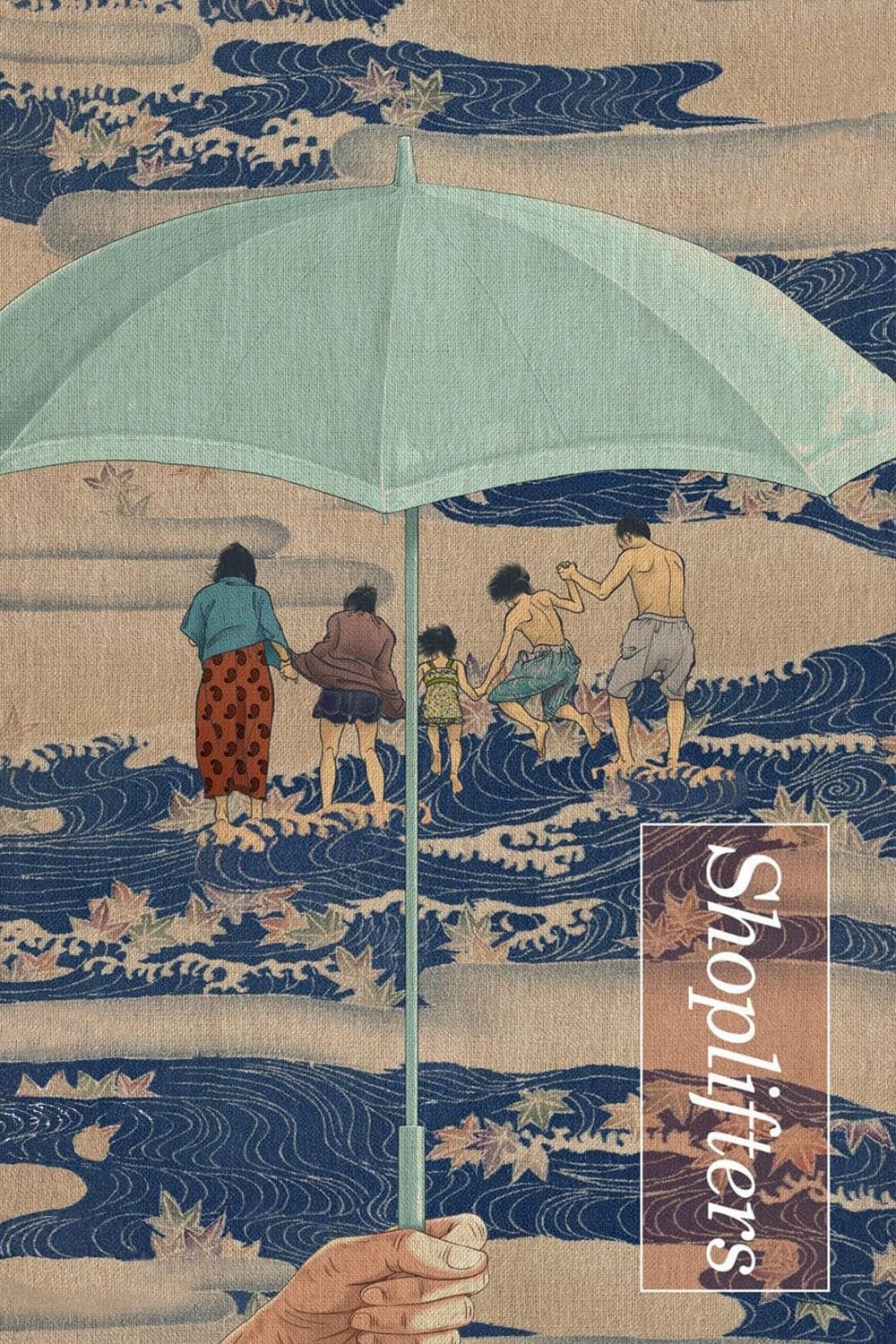
Shoplifters
2018
Rate this movie
Average: 5.00 / 5
(1 votes)
Director
At first hasty viewing, Hirokazu Koreeda's film offers a fierce portrait of a solitary Japan that is aging and decaying in its alienation.
The characters in Kore-eda's film, which won a well-deserved Palme d'Or at Cannes 2018, struggle in a squalor that features a family made up of characters from various generations: from the youngest child to the mummified grandmother.
The family lives in Tokyo in a kind of dilapidated bungalow surrounded by modern buildings that seem to engulf it.
The small rooms flow into one another; a space that belongs to none of the family members.
A boy, Shota, has carved out small living quarters for himself within that shared Limbo, but his territory resembles a latrine more than a bedroom.
What belongs or does not belong is, in fact, the underlying theme of this film, which opens with the paternal figure, Osamu, teaching his son how to execute the perfect shoplift.
His philosophy? If no one has bought it, it doesn't belong to anyone yet, so it's not a crime to take it.
On their way home the shoplifters (hence the film's title Shoplifters, in Italian distribution as usual butchered by the title adapter), meet a little girl, Yuri, alone in the cold, and offer her a croquette.
They take her home where Nobuyo, the maternal figure, is not exactly pleased by the unexpected arrival.
But when Osamu and Nobuyo try to return her to where they found her, they hear shouting from the girl's apartment: "I never wanted her!", and so the couple decides to keep the little girl, adding another frail body to their Commune.
The house also includes, in a completely unpredictable and mysterious way, a seductive young woman named Aki, a sex worker who seems to have no problems with her profession.
The characters in this film are "father-like" or "mother-like"; it is not entirely clear who they are actually related to.
They call Hatsue the Grandmother, but Osamu has to urge his son (?) to call him Father, and the child seems reluctant.
How does Aki the prostitute fit into all this? It is not clear, until it is discovered that she is the only one in the family related to the Grandmother.
Kore-eda said he wanted to "depict a family bound by crime", but Osamu is certainly not the Fagin of Oliver Twist, although he resembles Dickens' famous character in his propensity to use children as nimble extensions to commit HIS crimes.
Osamu is a pale surrogate for Fagin: he lacks the cunning and vigor of the Victorian criminal.
Furthermore, in Kore-eda's ramshackle family, there is no urge to commit crimes nor satisfaction in doing so; their daily crimes are small acts of survival experienced almost with joy.
There is a spirit of generosity that permeates the house; when family members cook over steaming pots, they first make sure to offer the most delicious bite to the youngest among them.
It is one of the extraordinary achievements of this film: the creation of an intimate and warm family atmosphere that, despite its moral fragility, engages the viewer and magnetically draws them into the narrative.
Meanwhile, things escalate, and the girl's disappearance explodes on the news.
The law enforcement, spurred by the media, make an immense effort to find and return the girl.
The family feels threatened in its secret survival.
But Yuri, who has surely been subjected to both physical and psychological violence by her real parents, seems happy in her new family situation.
Nobuyo has become the sweet and agitated mother she lacked, and Yuri has now become an integral part of that odd band of desperate people.
From this point in the story, a sword of Damocles looms over the quiet family cheer, and a heartbreaking dilemma will appear on the horizon: to return Yuri to her tragic fate or to succumb in the attempt to keep her safe.
Kore-eda was inspired to this story by a news report that caught his attention: a Japanese family that made ends meet by surviving on petty thefts and shoplifting, involving every member of the family unit.
From this insignificant casus belli, the director builds a sublime story, featuring characters suspended between Pasolini's Accattone and the aforementioned Oliver Twist by Dickens, with a fierce underlying bitterness that tinges their apparent scraping by.
Furthermore, Kore-eda surely also kept in mind Scola's lesson from Ugly, Dirty and Bad, drawing inspiration from those grim family dynamics and the intricate network of relationships in the Roman shantytown to stay afloat.
Shoplifters is a surprising and heartbreaking film that does not offer easy answers to the questions it poses.
Its approach is more aesthetic than moral, directing a loving gaze at the strangely harmonious cacophony that has formed in that sparse platoon of godless people, where traditional modes of social aggregation have failed.
An askew and imperfect world, it seems, where characters we come to love dig their invisible burrow, building a community poised between shadow and light, between despair and crudeness.
Main Actors
Country
Gallery
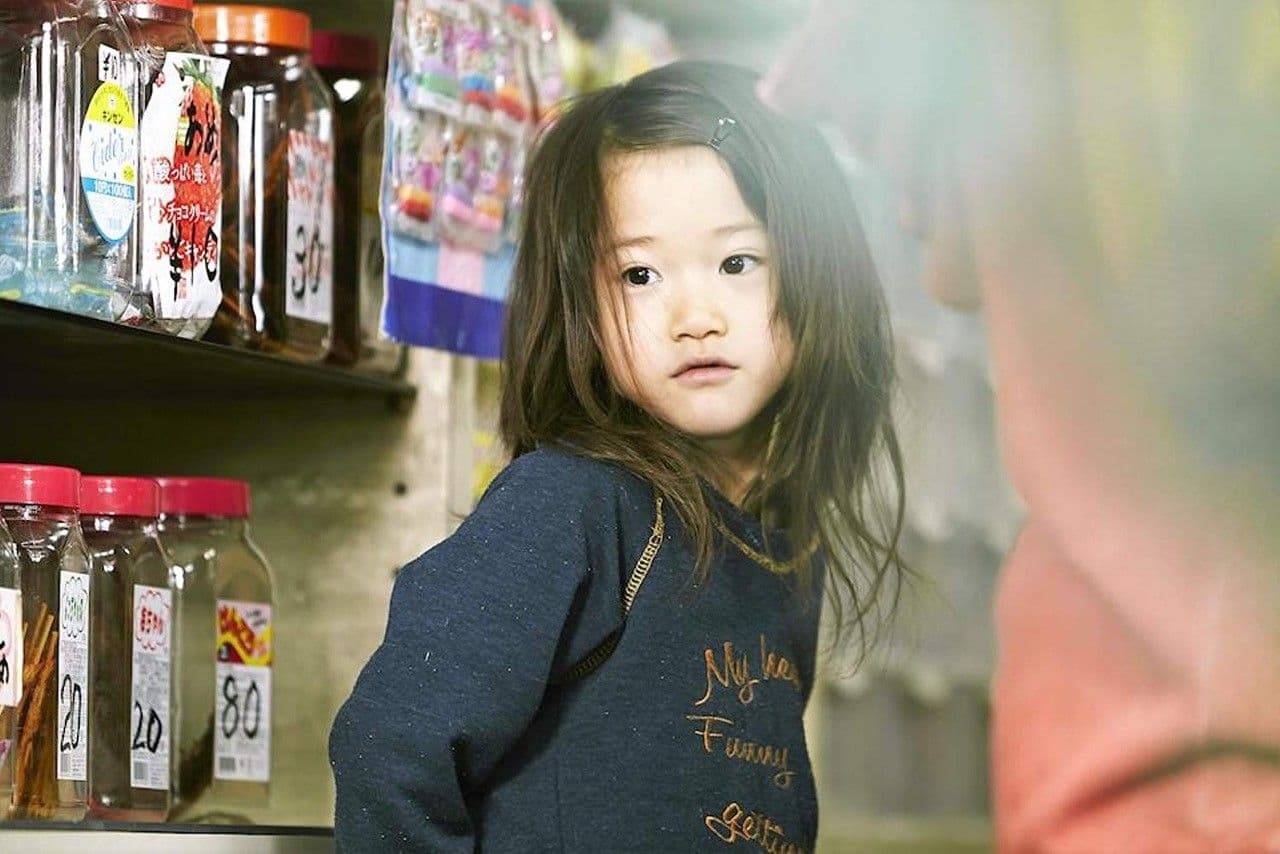

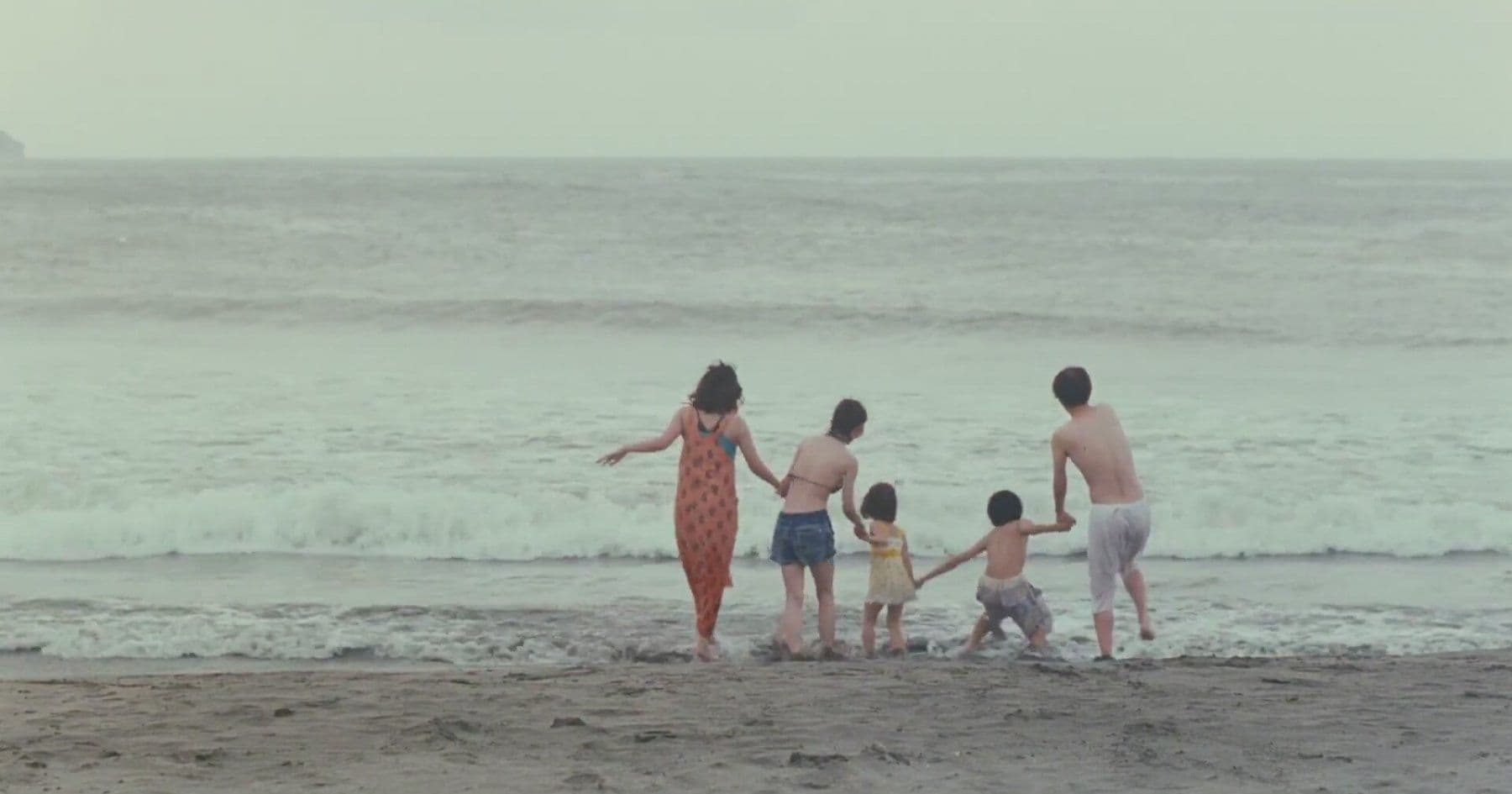
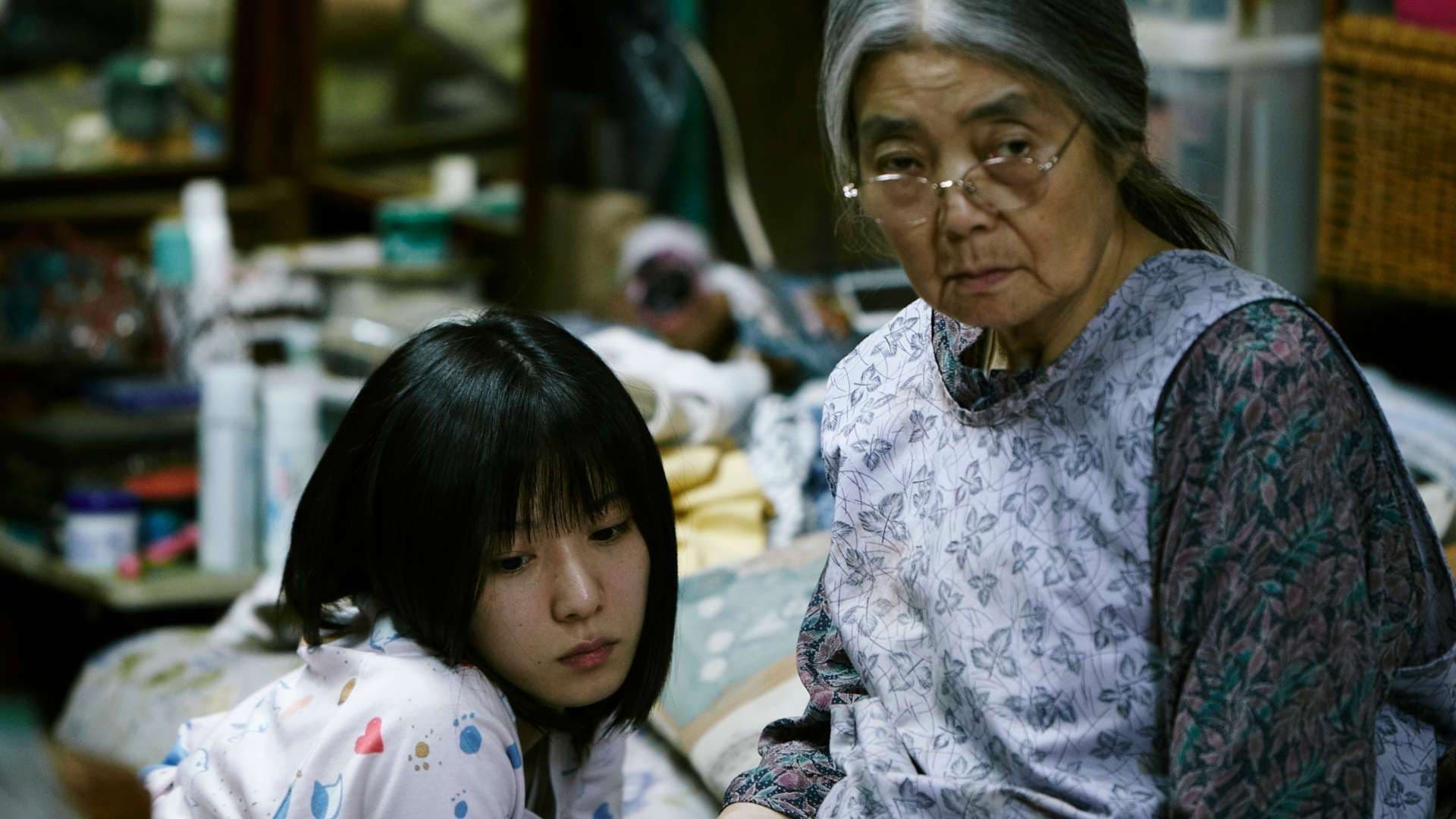
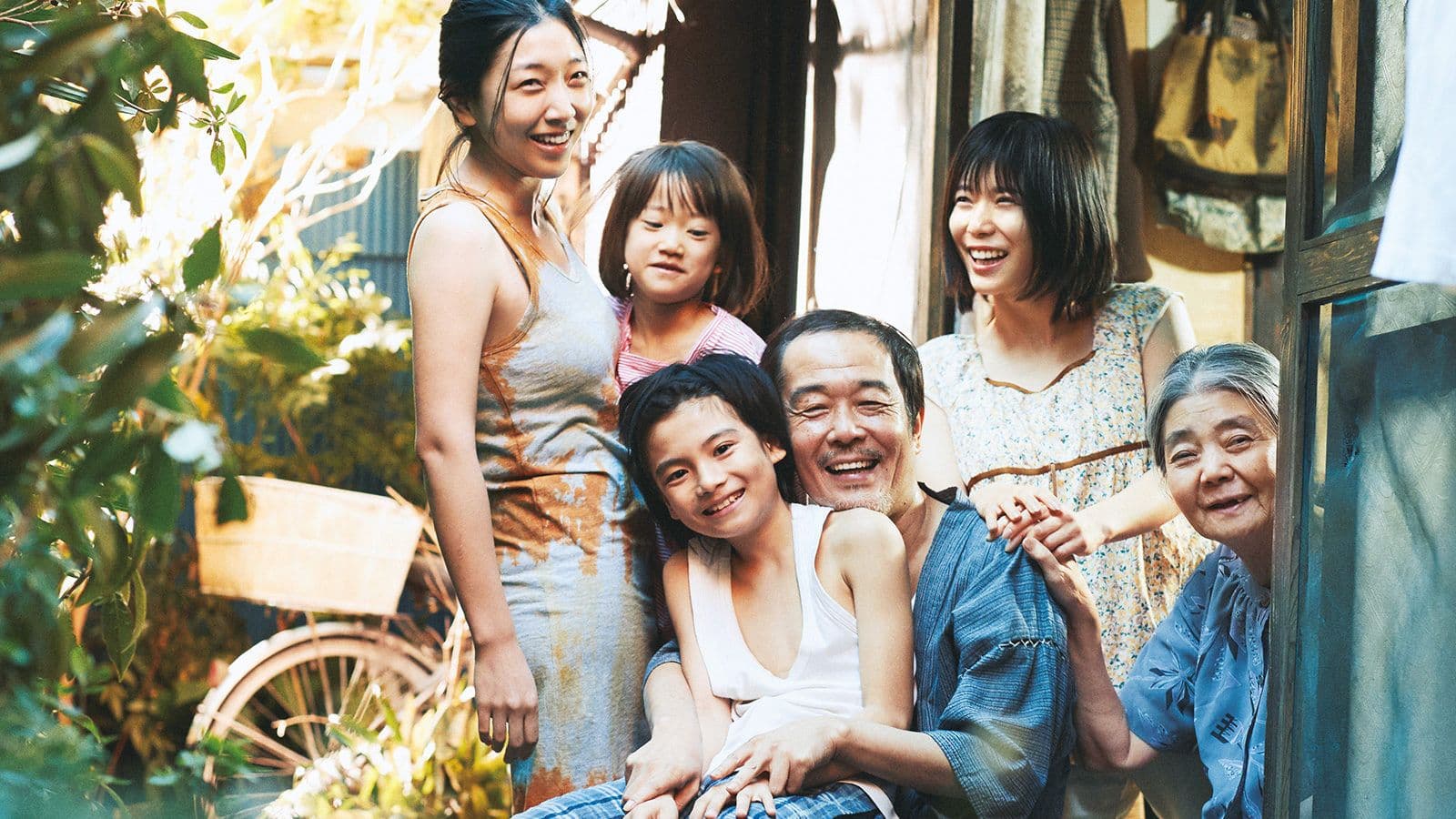

Featured Videos
Official Trailer
Comments
Loading comments...